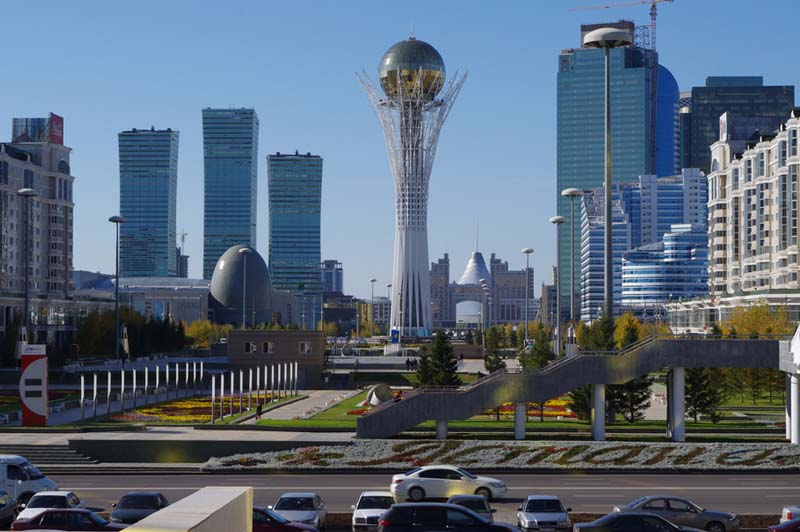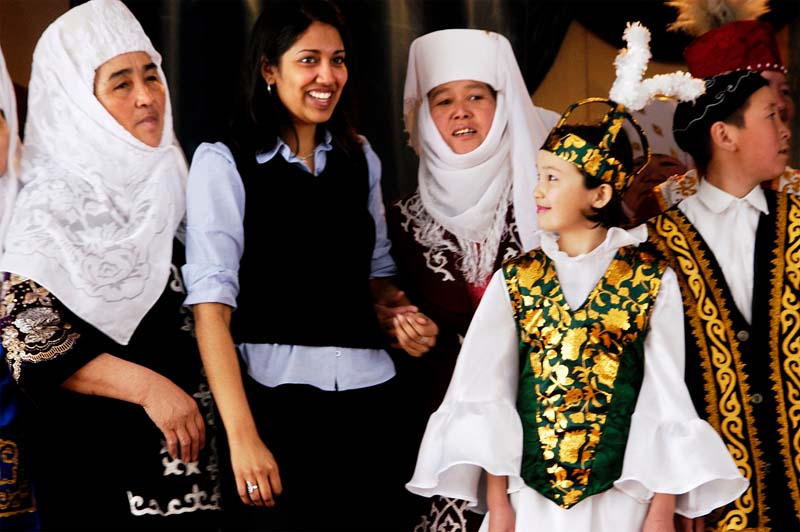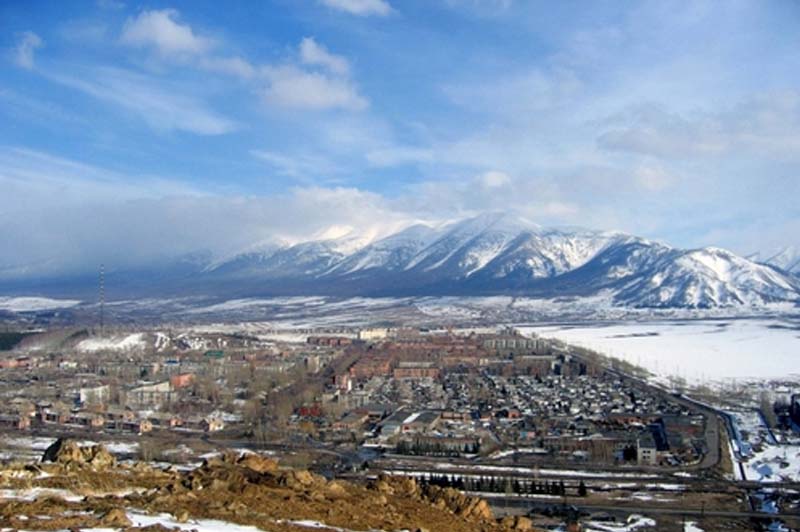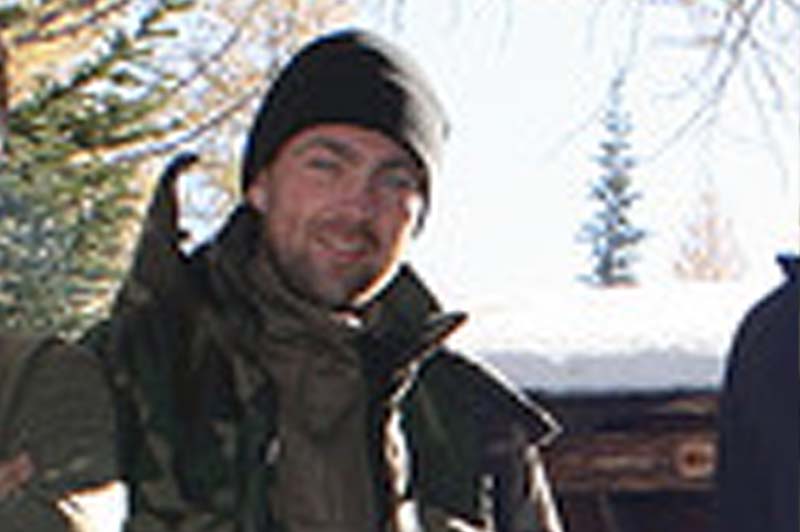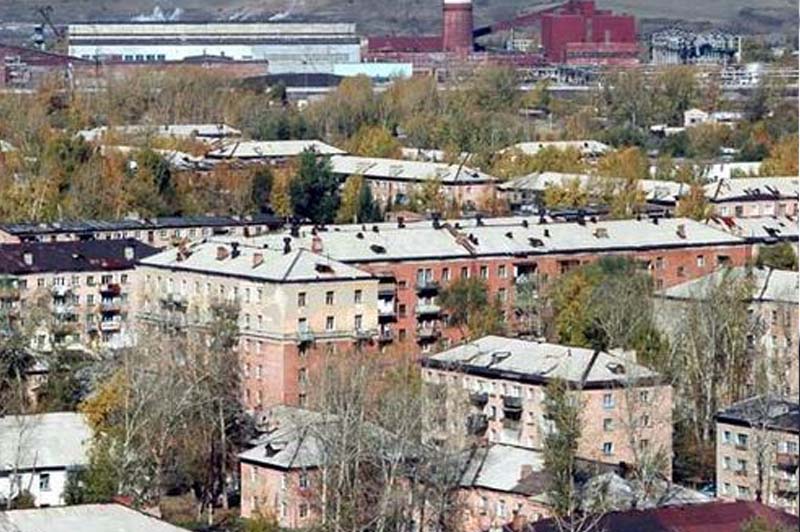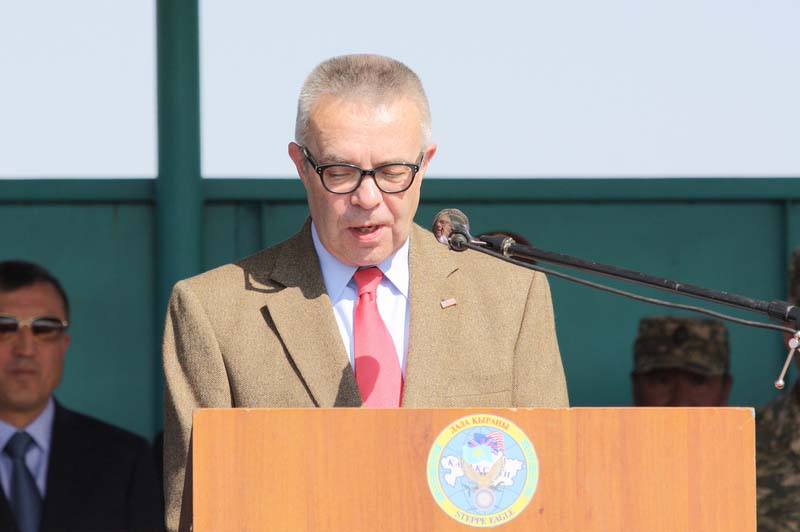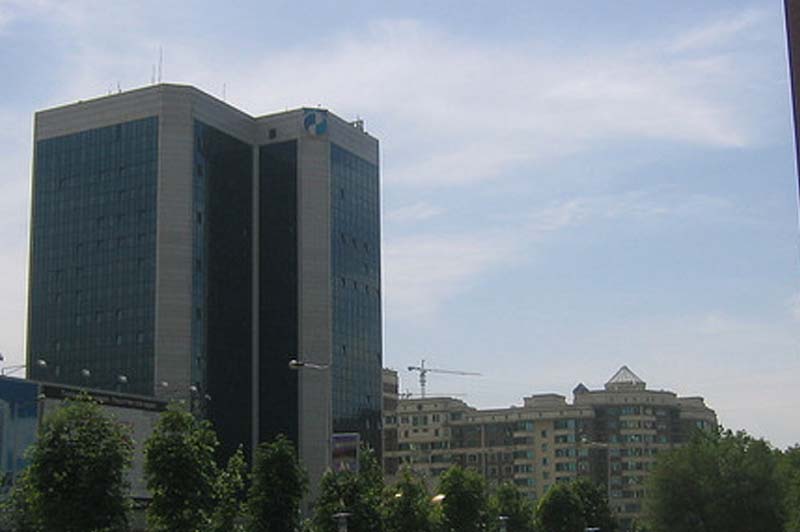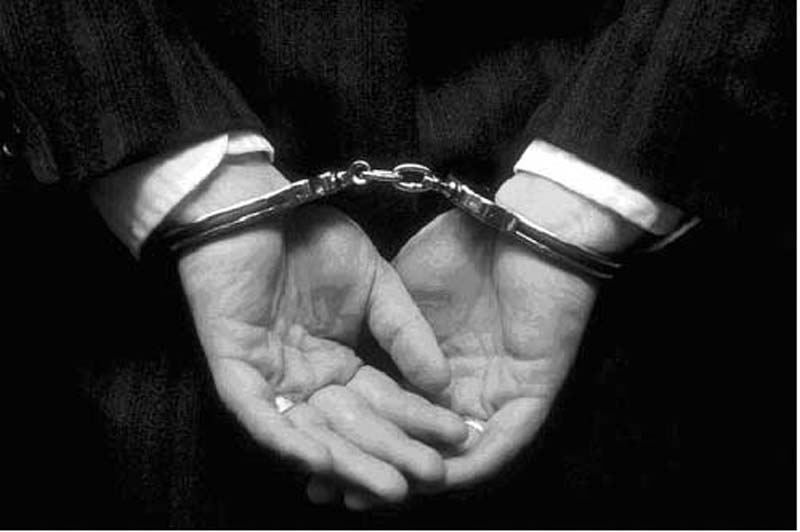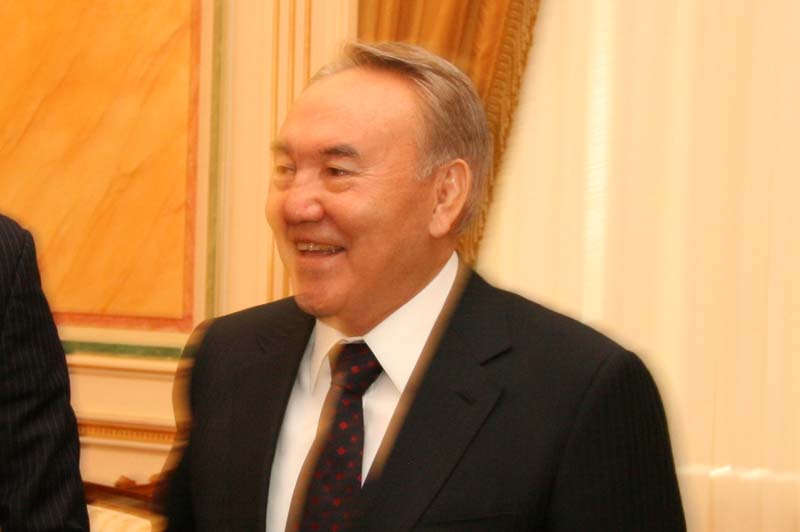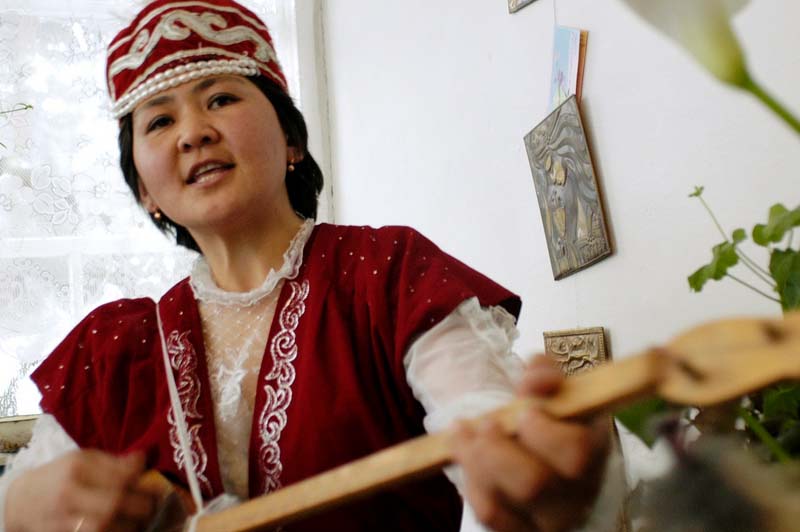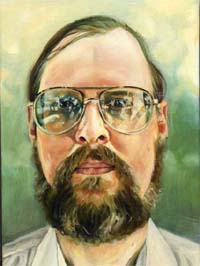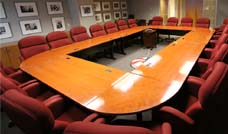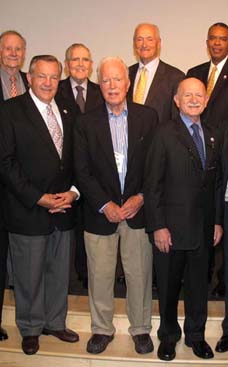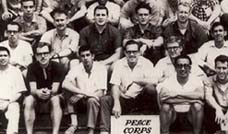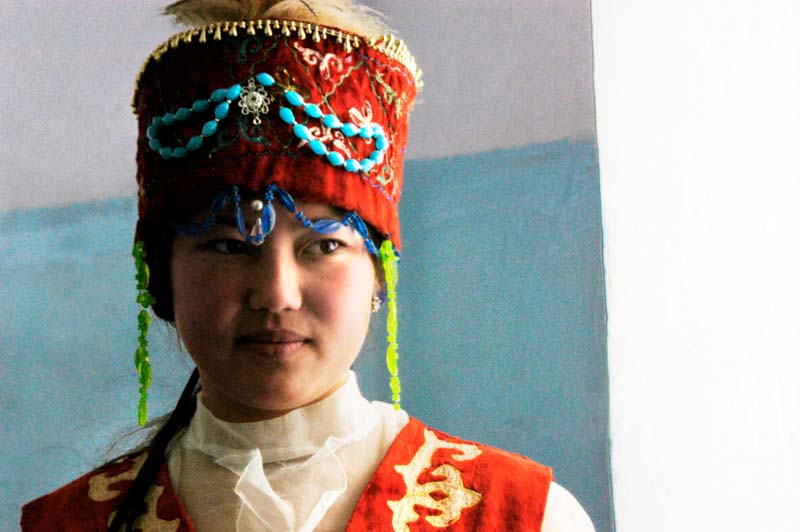
There were a number of factors in Peace Corps' decision to suspend its program in Kazakhstan in November 2011 including a rash of terrorist attacks in recent months, four rapes or sexual assaults of Peace Corps Volunteers in the past year, and work related issues that have made it increasingly difficult for volunteers to conduct their work. However new information from US diplomatic cables reveals that there are elements in the "pro-Russian old-guard at the Committee for National Security (the KNB, successor to the KGB) aimed at discrediting the Peace Corps." One incident that provides insight into Peace Corps relations in Kazakhstan that has remained unreported until now, was the arrest and trial of Peace Corps Volunteer Tony Sharp who was sentenced to two years imprisonment in 2009 after "what appeared to be a classic Soviet-style set-up" by elements in the Kazakhstani government that want to damage bilateral relations with the United States. Sharp was freed and deported through the diplomatic efforts of US Ambassador to Kazakhstan Richard Hoagland and action by President Nazarbayev who understood the damage the case could cause the bilateral relationship and acted against the Committee for National Security (KNB), which likely cooked up the provocation against Sharp in the first place.
The Peace Corps "Sharp Incident" in Kazakhstan
The Peace Corps "Sharp Incident" in Kazakhstan
by Hugh Pickens
